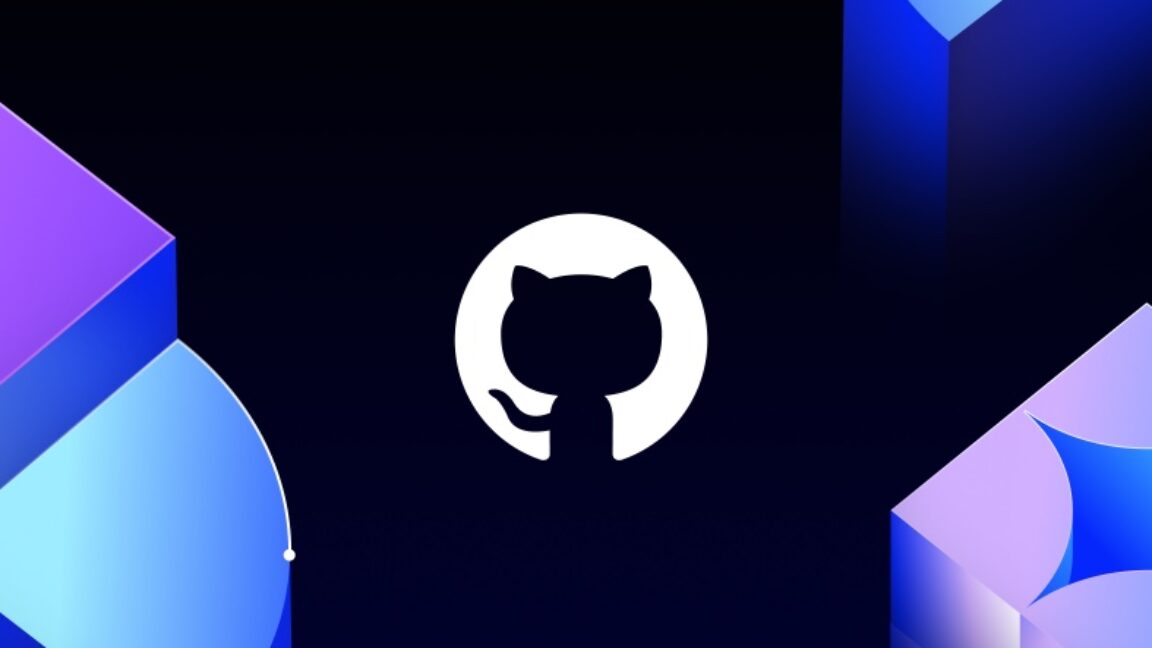GitHub Integration into Microsoft’s Core AI Group Post-CEO Departure

GitHub, which has been part of Microsoft since 2018, will experience a significant shift in management as it integrates further into Microsoft’s organizational structure. This transition follows the announcement by GitHub’s CEO, Thomas Dohmke, that he will be stepping down at the year's end to pursue new ventures. Dohmke’s departure marks the end of an era for the developer platform that enjoyed operational independence within the tech giant.
Dohmke stated his pride in GitHub's accomplishments as a global, remote-first organization. Although stepping down, Dohmke will assist with the transition process up till the end of 2025. Going forward, GitHub will align more closely with Microsoft’s Core AI division.
Unusually, Microsoft will not directly replace Dohmke. Instead, the team will report to multiple leaders within the Core AI group. This setup reflects Microsoft's broader shift towards embedding AI capabilities across its platforms and services. Such realignment seems sensible given Microsoft's investment in AI technologies, notably GitHub Copilot, an AI-powered coding assistant introduced in 2021.
Despite GitHub Copilot’s innovations, the tool has faced its share of challenges, including unintended exposure of private code repositories and declining trust in AI coding tool accuracy, as highlighted by recent surveys. Nevertheless, the drive for more integration with AI, as represented by the Core AI group, seems strategized to bolster Copilot's capabilities and address these concerns.
The CoreAI project, led by Jay Parikh and introduced by Microsoft CEO Satya Nadella, aims to transcend internal boundaries and enhance development tools like Copilot. As GitHub continues its journey under the stewardship of Microsoft’s Core AI, its future developments will likely reflect these principles.



